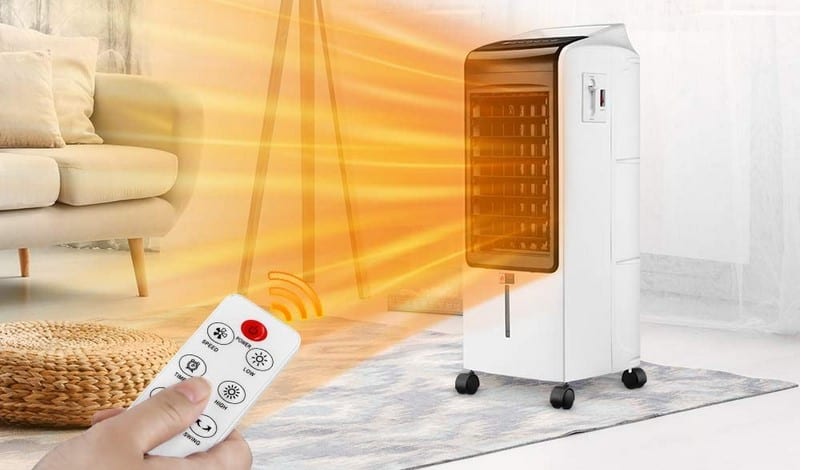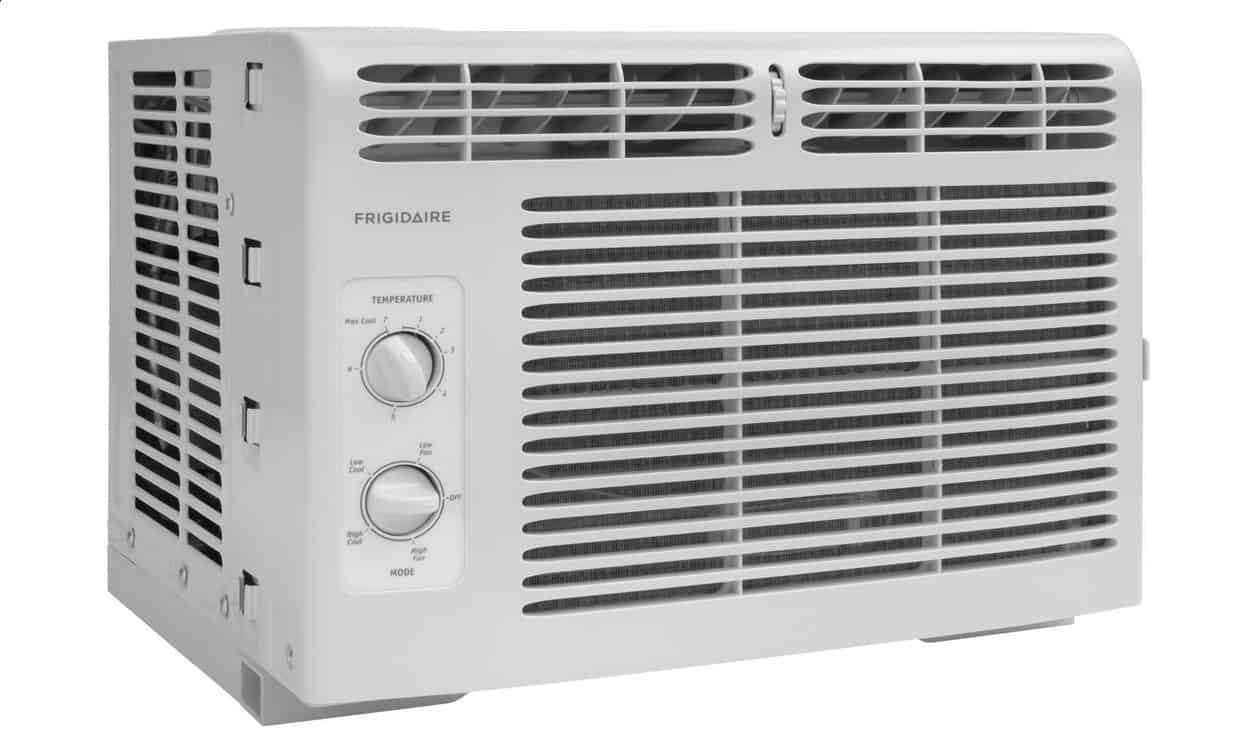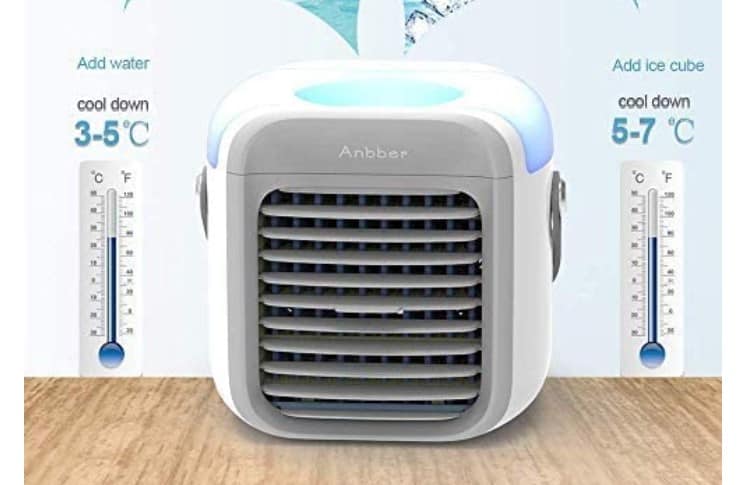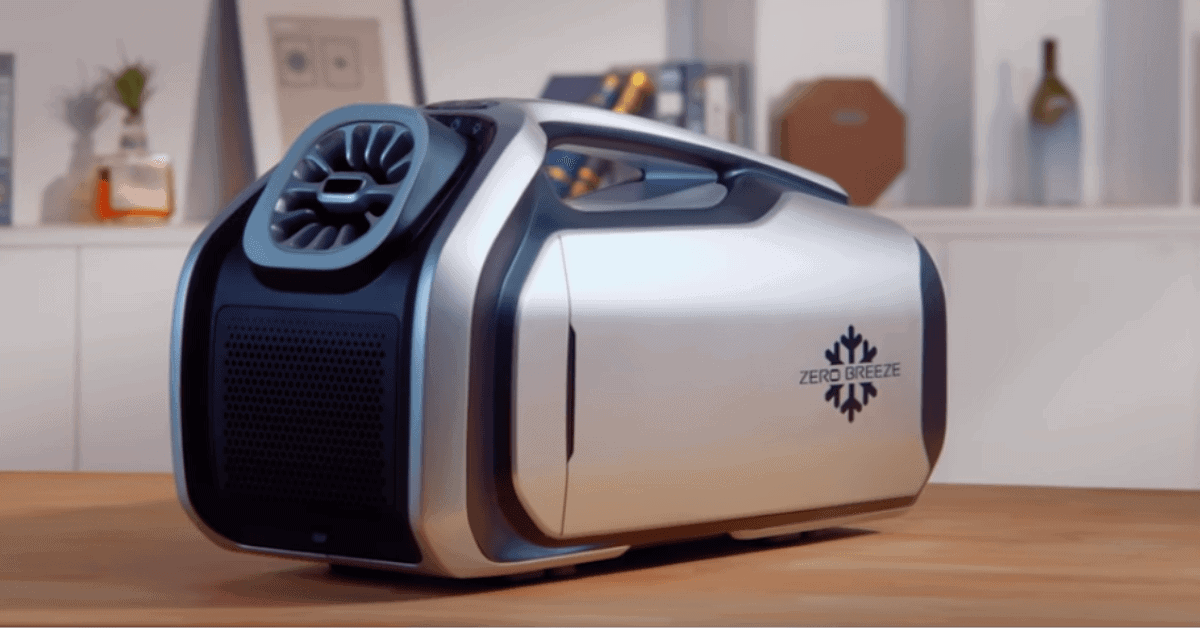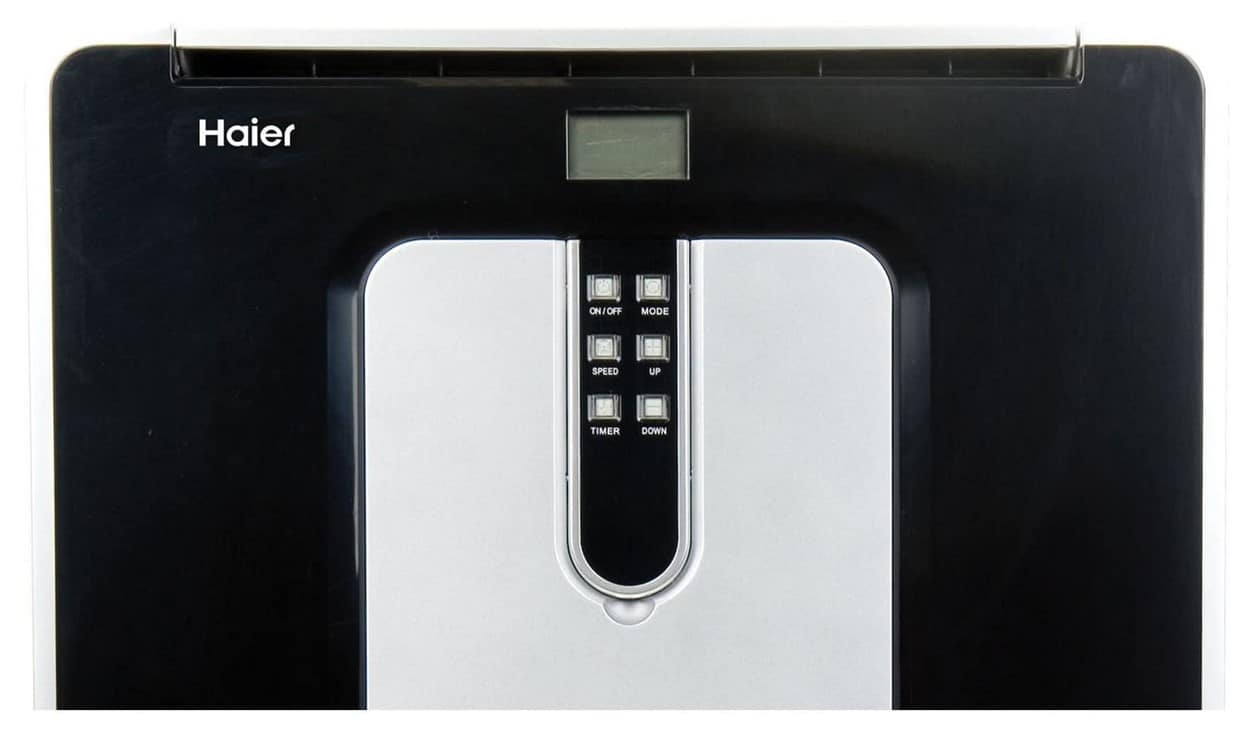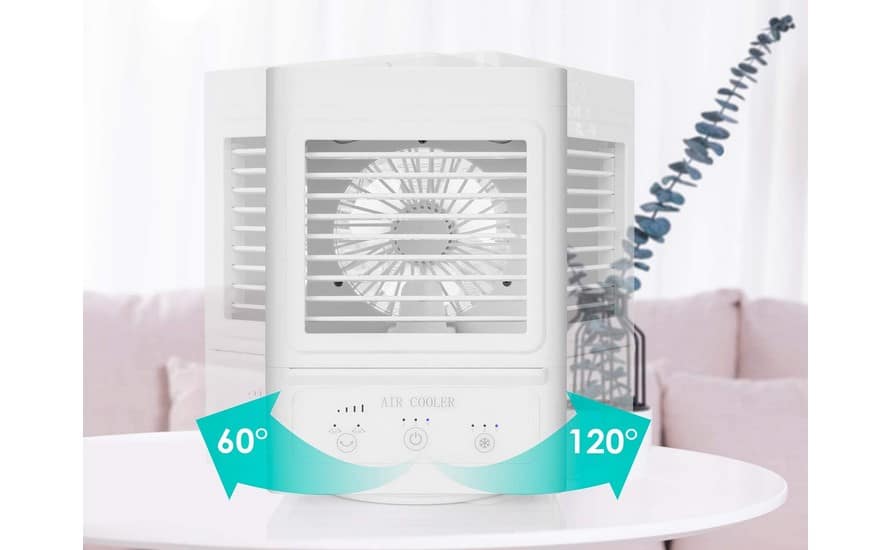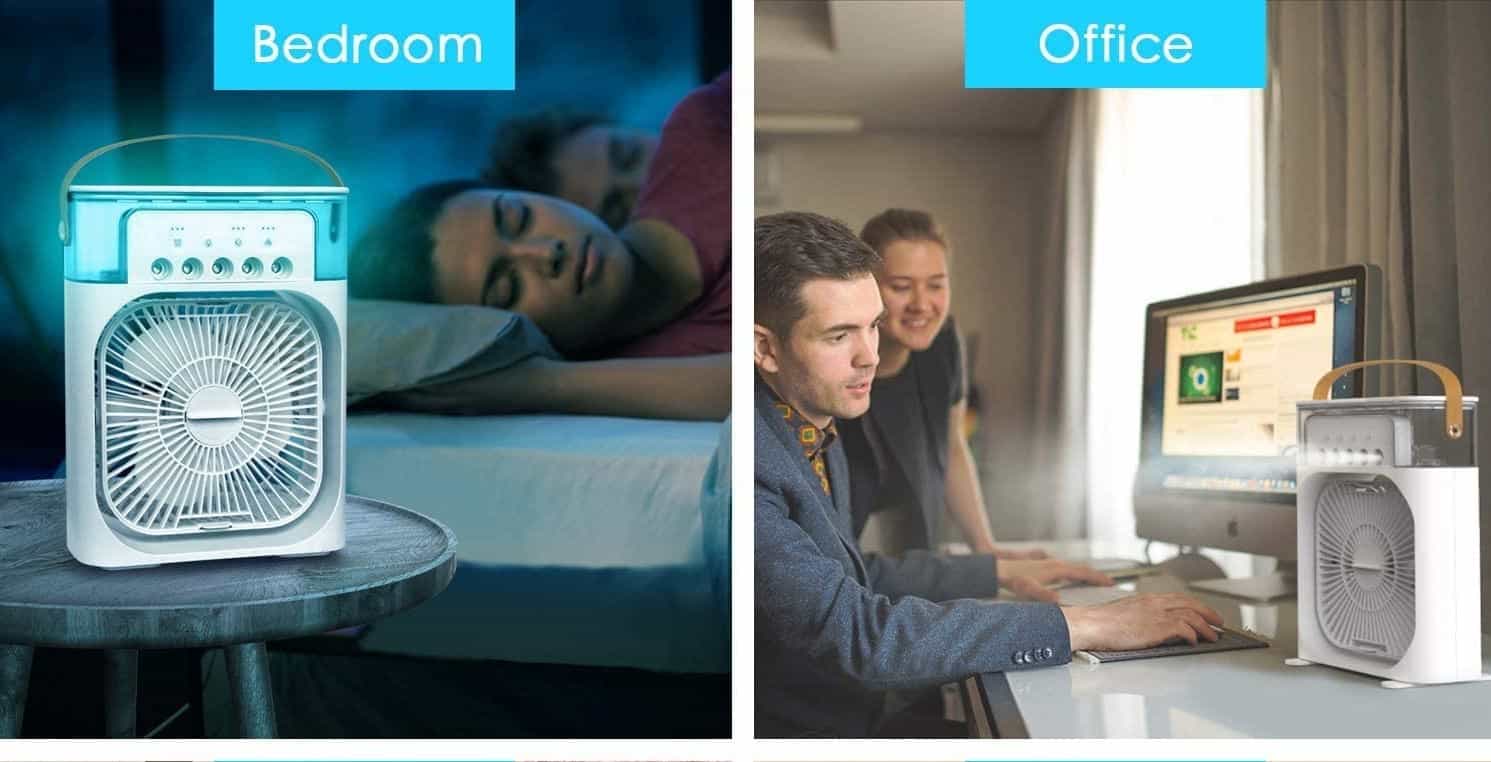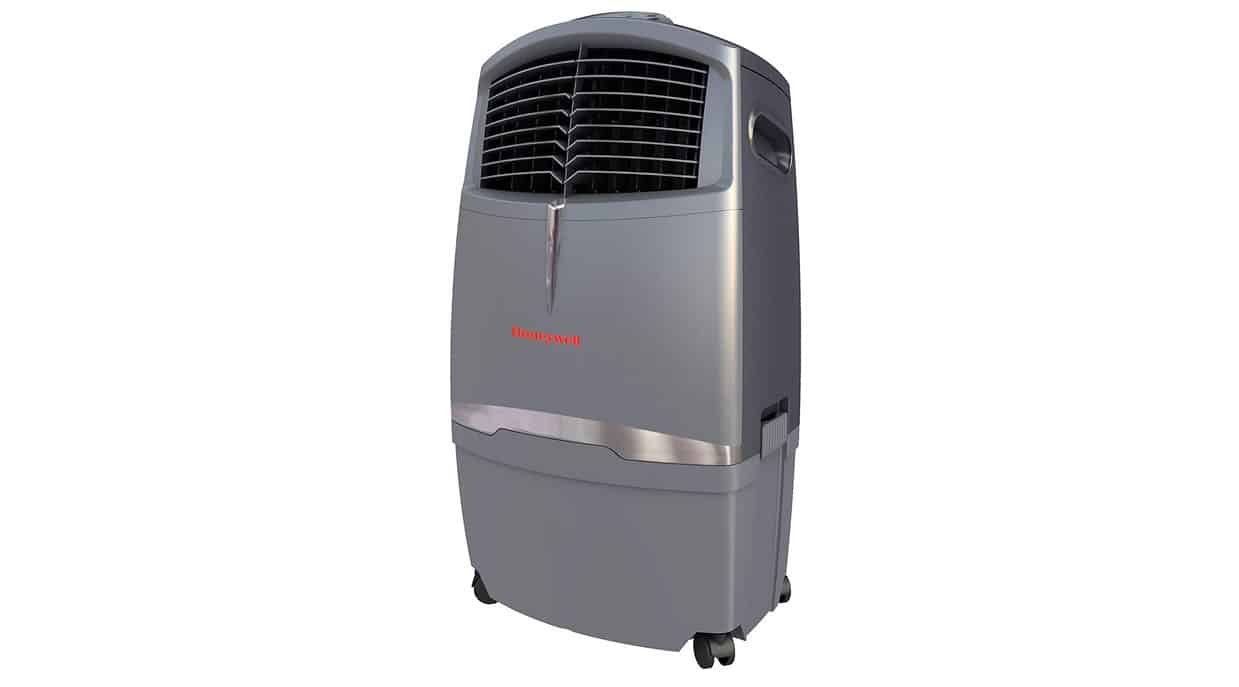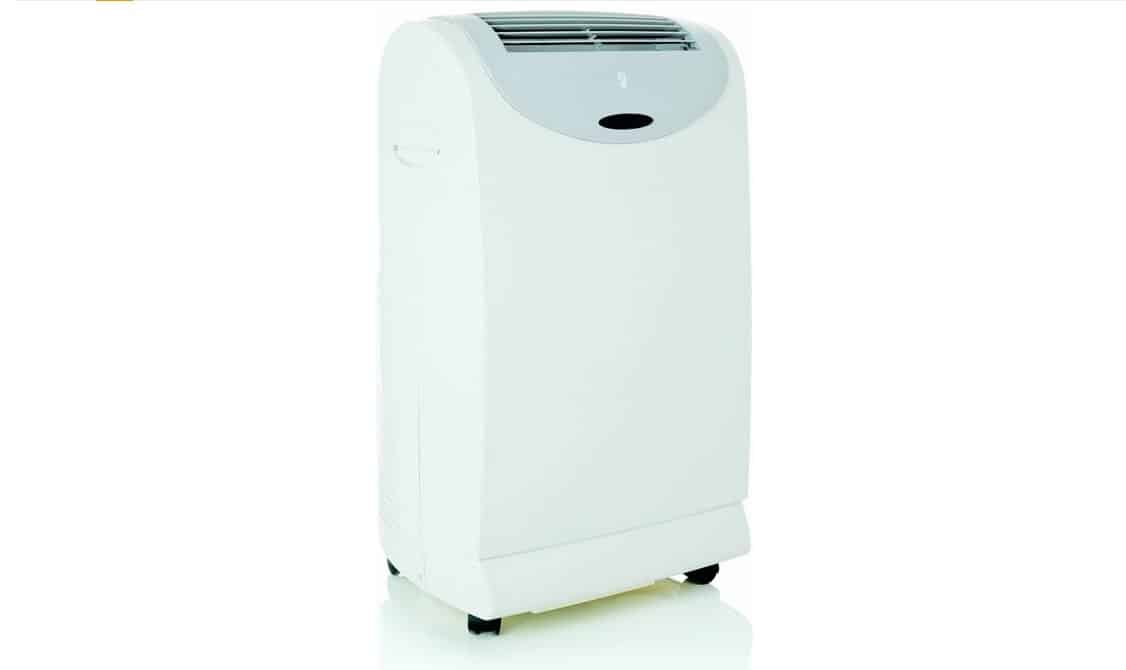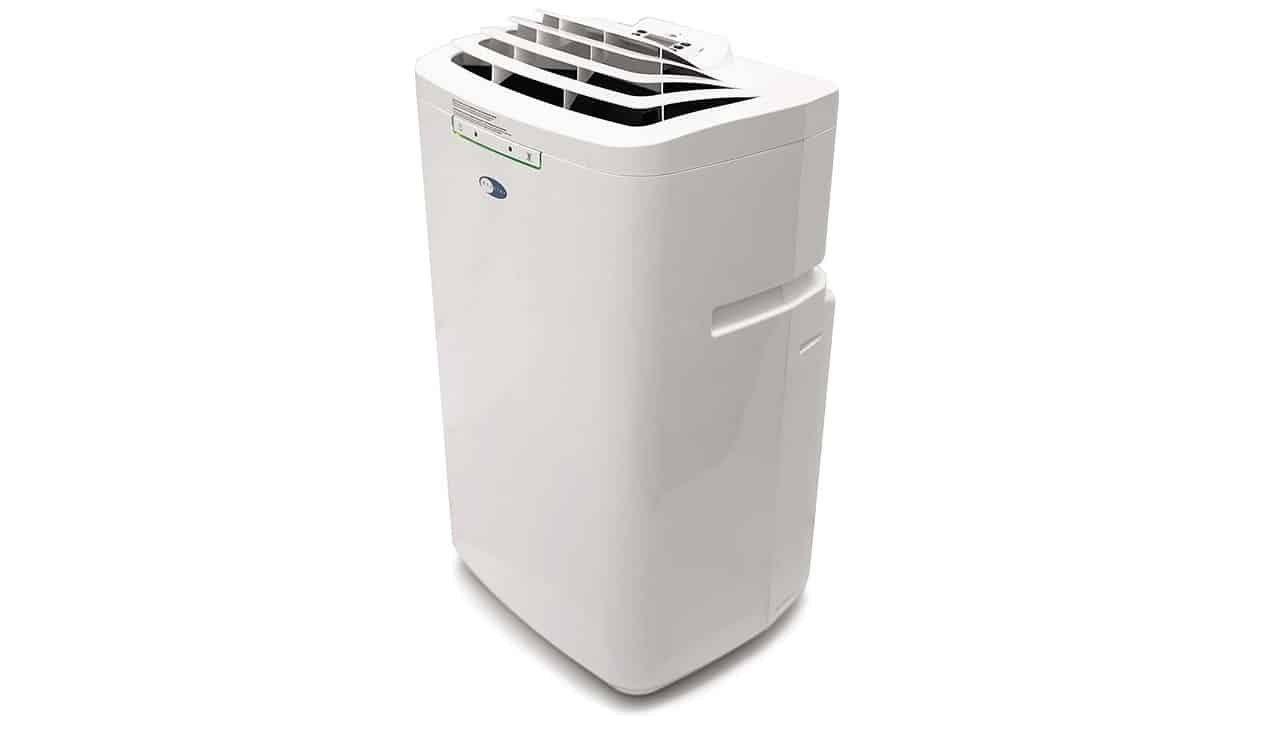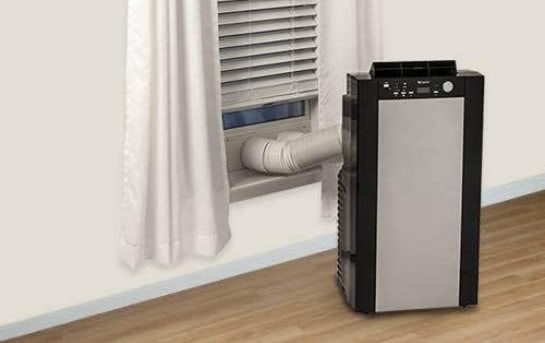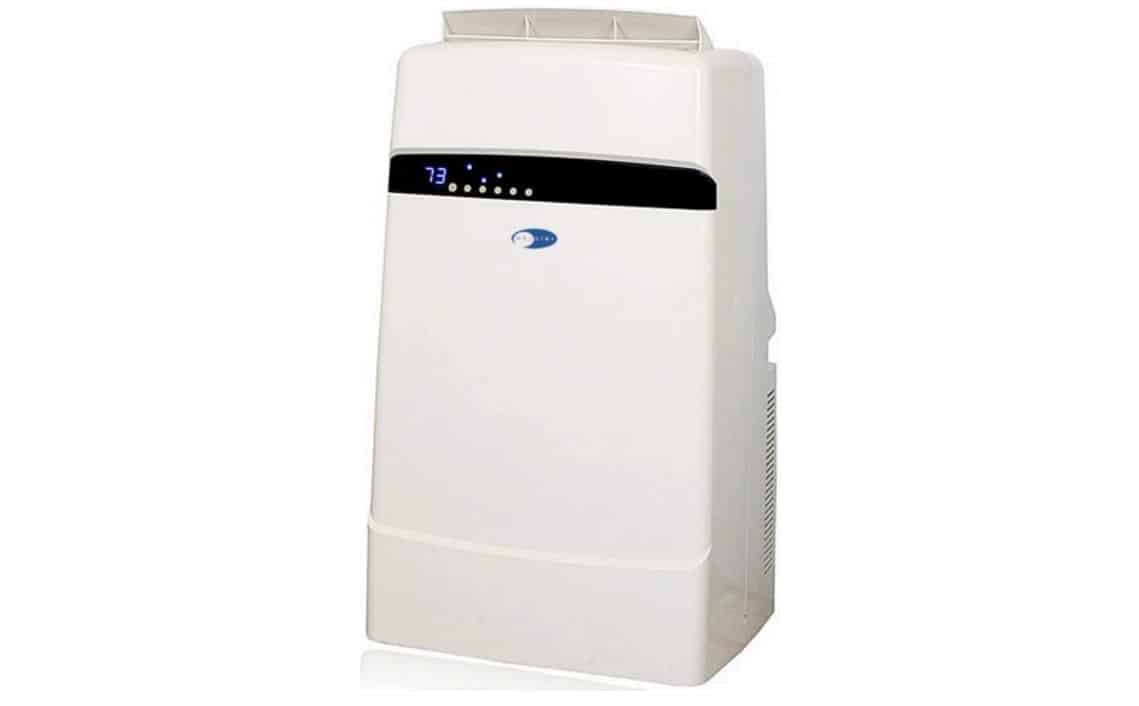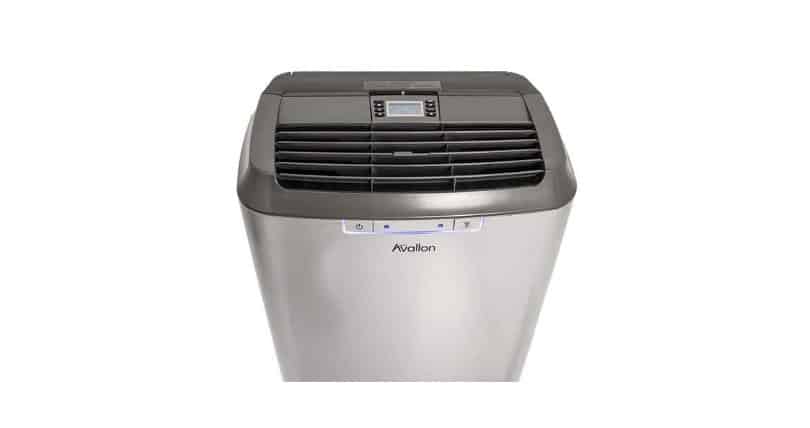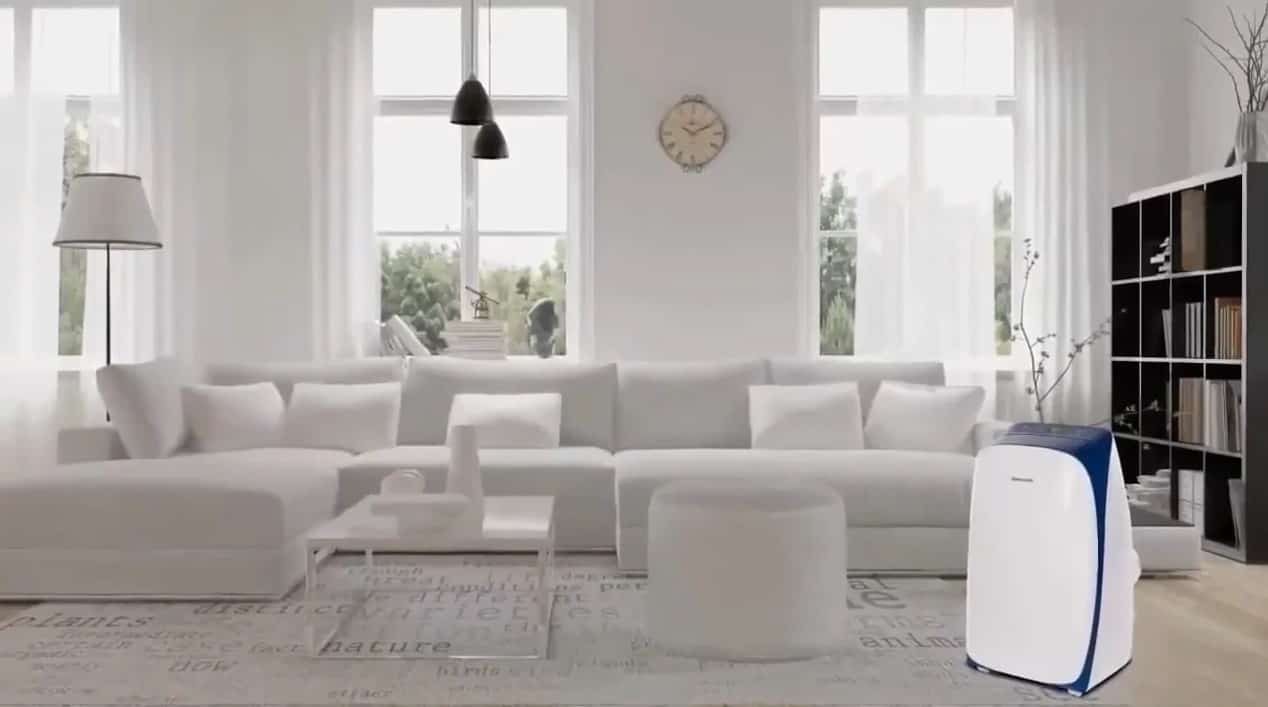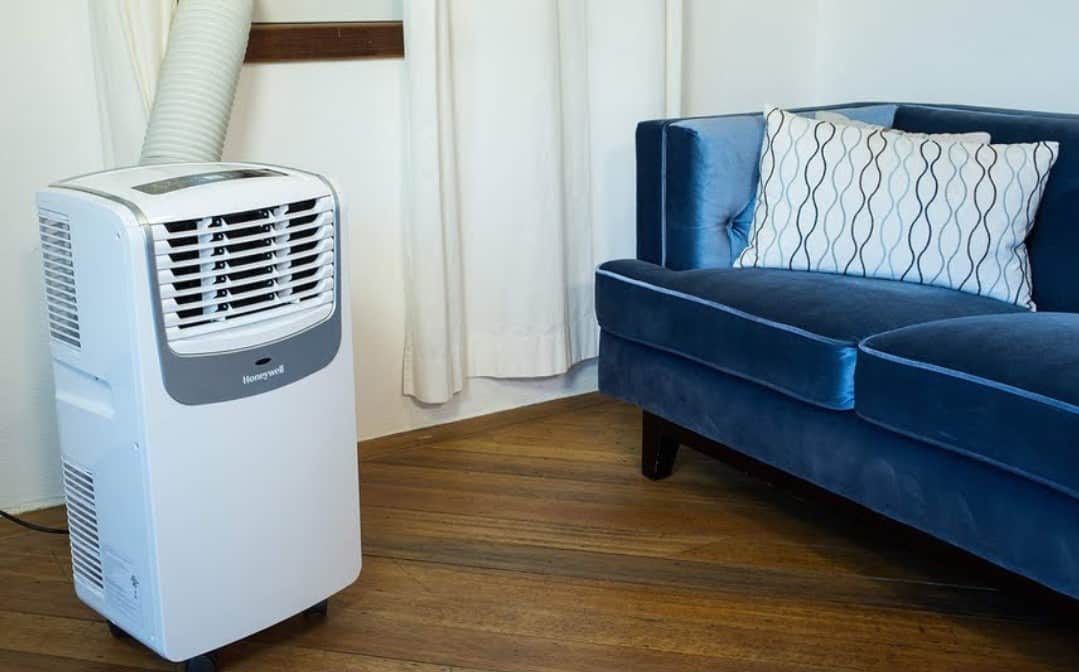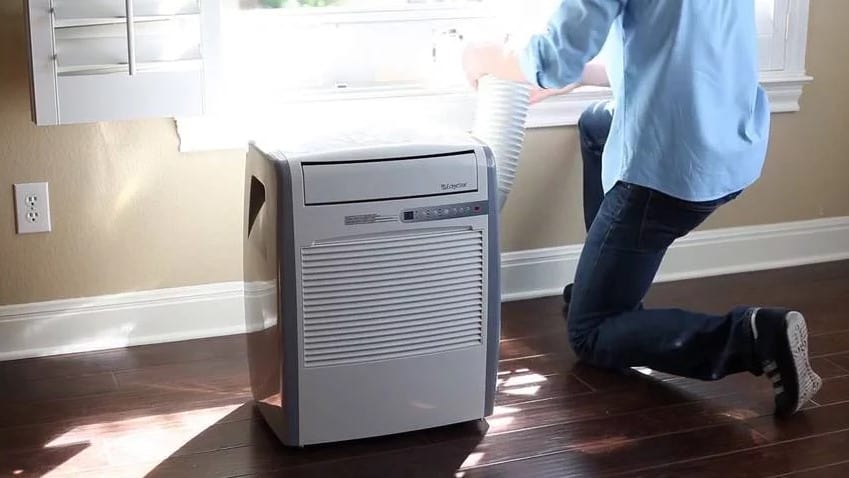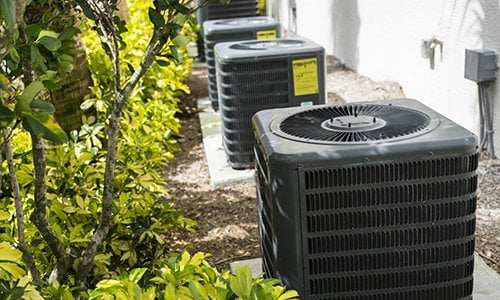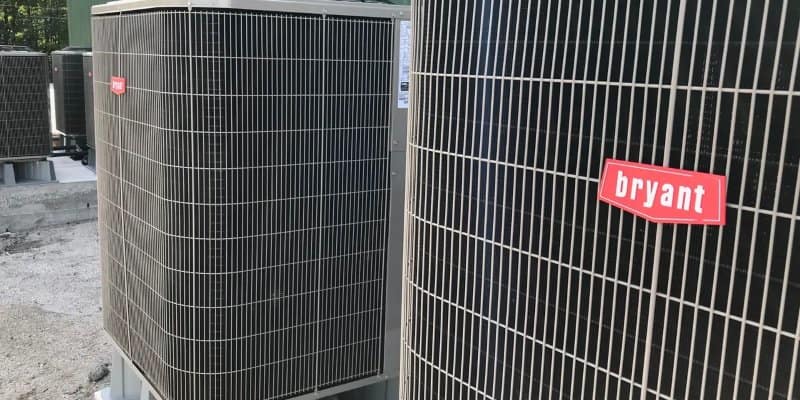If your capacitor fails, you might wonder what a capacitor does in an air conditioner. Usually, several capacitors are included in the best air conditioner systems, so the answer may be slightly more complicated than you think.
KEY TAKEAWAYS:
- A start capacitor stores excess energy used when your AC starts its cycle.
- The run capacitors contain energy used throughout the AC cycle after the initial starting jolt.
- Capacitors that fail can cause lowered strength and functioning of your air conditioning system.
Faulty capacitors, even on the leading inverter A/Cs, can cause various issues, including lower strength and functioning of your unit. Sometimes, it may make it so that your AC has no power. Read on to learn how the capacitor affects your air conditioner and what can cause the capacitor to fail.
What Does an Air Conditioner Capacitor Do?
Your air conditioner most likely features multiple capacitors, each with its own specific function, including start capacitors and run capacitors. Essentially, these capacitors store energy expended during your air conditioning cycle.
However, the two types of capacitors use this energy in different ways. If you aren’t sure whether one of your capacitors has failed, it’s time to replace the capacitor on your air conditioner. Watch out for the symptoms listed below. You might consider an air conditioner circuit board replacement if you aren’t experiencing capacitor-related problems.
Start Capacitors
The start capacitor provides the excess electricity necessary to start your AC unit, which your electrical grid cannot handle. This energy is gathered and stored as electrons while the capacitor is not in use.
Insider Tip
Capacitors are used to start and run your AC, so you want to keep them in good condition.
Once the AC cycle begins, the stored energy combines with the power coming from the electrical grid to start your air conditioning system’s units and motors. In other words, the start capacitor provides a significant boost in energy.
Run Capacitor
Your air conditioning unit likely has several run capacitors housed inside, including those for the compressor motor, outdoor fan motor, and indoor blower motor. However, the most common compressor motor capacitor is a dual capacitor with three terminals.
Run capacitors store energy for use during the AC unit’s cycle, much like a start capacitor does. In this case, the unit uses the stored energy to power the system alongside your incoming electricity over long periods. This capacitor supports the system throughout its cycle. For example, while the air conditioner is off, both start and run capacitors collect energy that will be used the next time the unit turns on.
Appearance
Capacitors look like large batteries, but they have two or three posts sticking out of the top. Each battery-like system consists of metal conductors with insulating materials in between. These large, cylindrical components are typically located in the AC’s housing unit.
In some systems, you may see a dual capacitor connecting the start and run capacitors to the compressor and fan motors.
Capacitor Failing
The capacitors attached to the compressors are most likely to fail, causing the A/C compressor to not work, so the unit loses strength and begins to function with reduced power. Sometimes, the AC may stop working altogether. If your AC seems to have a power supply issue, you may have a faulty capacitor and need service from a certified technician.
Common causes for capacitor failure include age, low voltage rating, and heat exposure during the summer. Electrical overheating due to the AC running too long can damage your air conditioner’s elements. Finally, power surges affect efficiency and condition, even if they relate to a large appliance turning on.
Warning
A faulty capacitor can cause your air conditioning to lose power, so check your capacitor for signs of wear if you don’t think your air is running correctly.
F.A.Q.S
How long do AC capacitors last?
An AC capacitor can last 10-20 years, depending on environmental and maintenance factors.
Start capacitors vs run capacitors: What’s the difference?
A start capacitor provides the extra energy needed to start your AC and its motors, while a run capacitor helps deliver the power to keep it running.
How can a bad capacitor affect your AC?
A faulty capacitor can cause lower strength and function. It may also cause the AC to release warm air.
STAT: When your AC starts, it uses about 300 and 500 percent more power than when it runs the rest of the time. (source)
REFERENCES:
- https://www.sansone-ac.com/how-to-tell-if-ac-capacitor-is-bad/
- https://www.conditionedairsolutions.com/hvac-capacitors-fail/
- https://www.capefearair.com/article/what-is-the-difference-between-a-start-capacitor-and-a-run-capacitorr
- https://www.cousinsair.com/resources/ac-parts/ac-capacitor/
- https://www.precisionairandplumbing.com/blog/what-is-a-capacitor-and-why-do-they-break-on-air-conditioners/

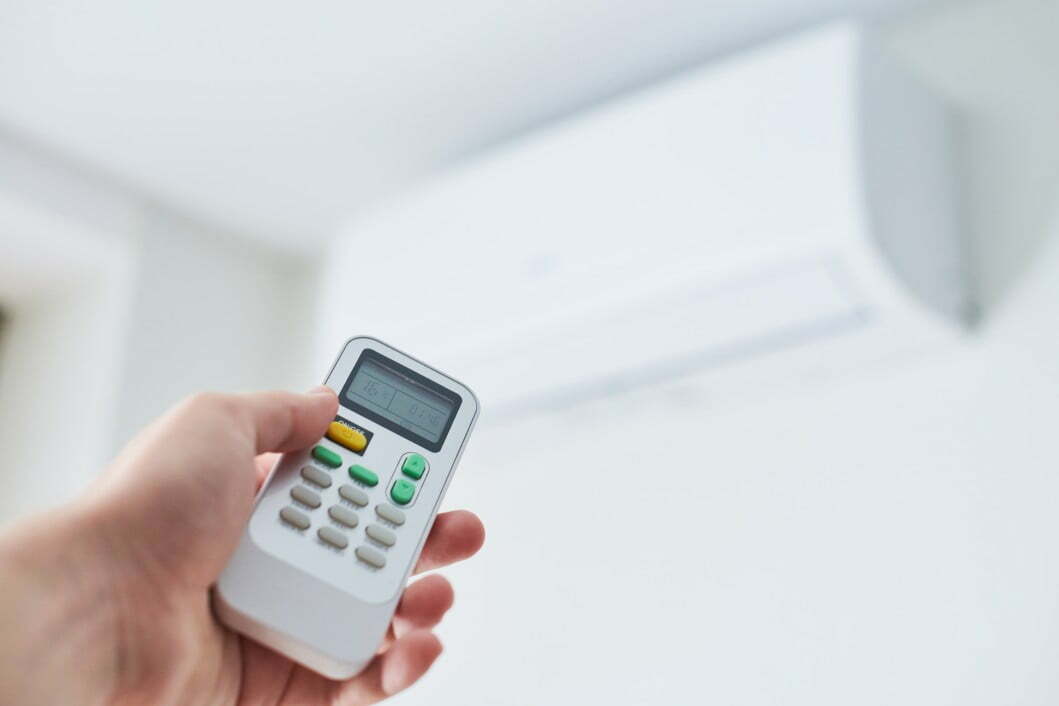













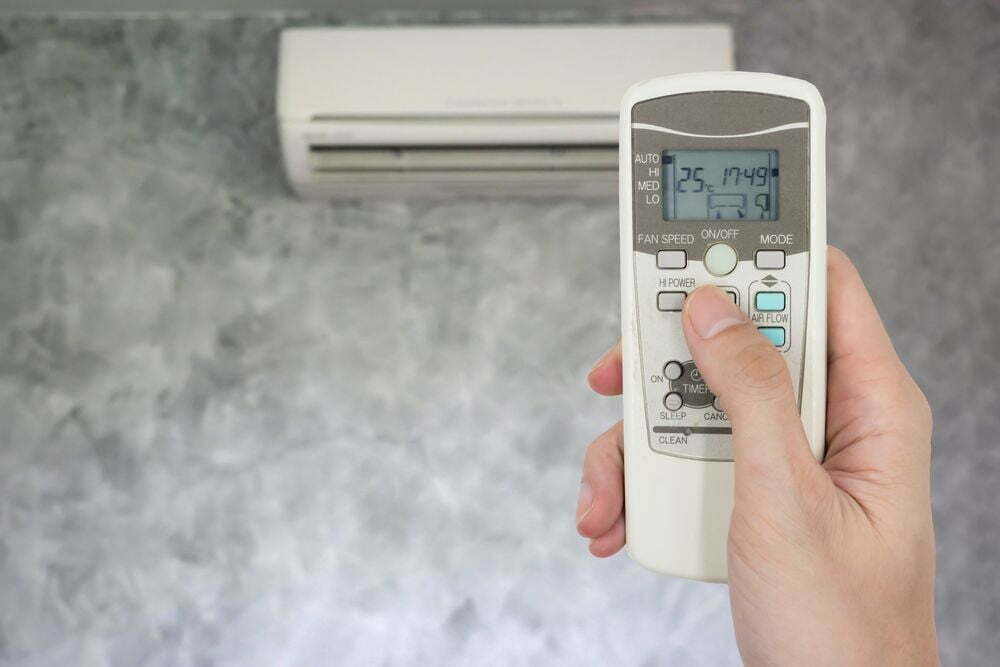
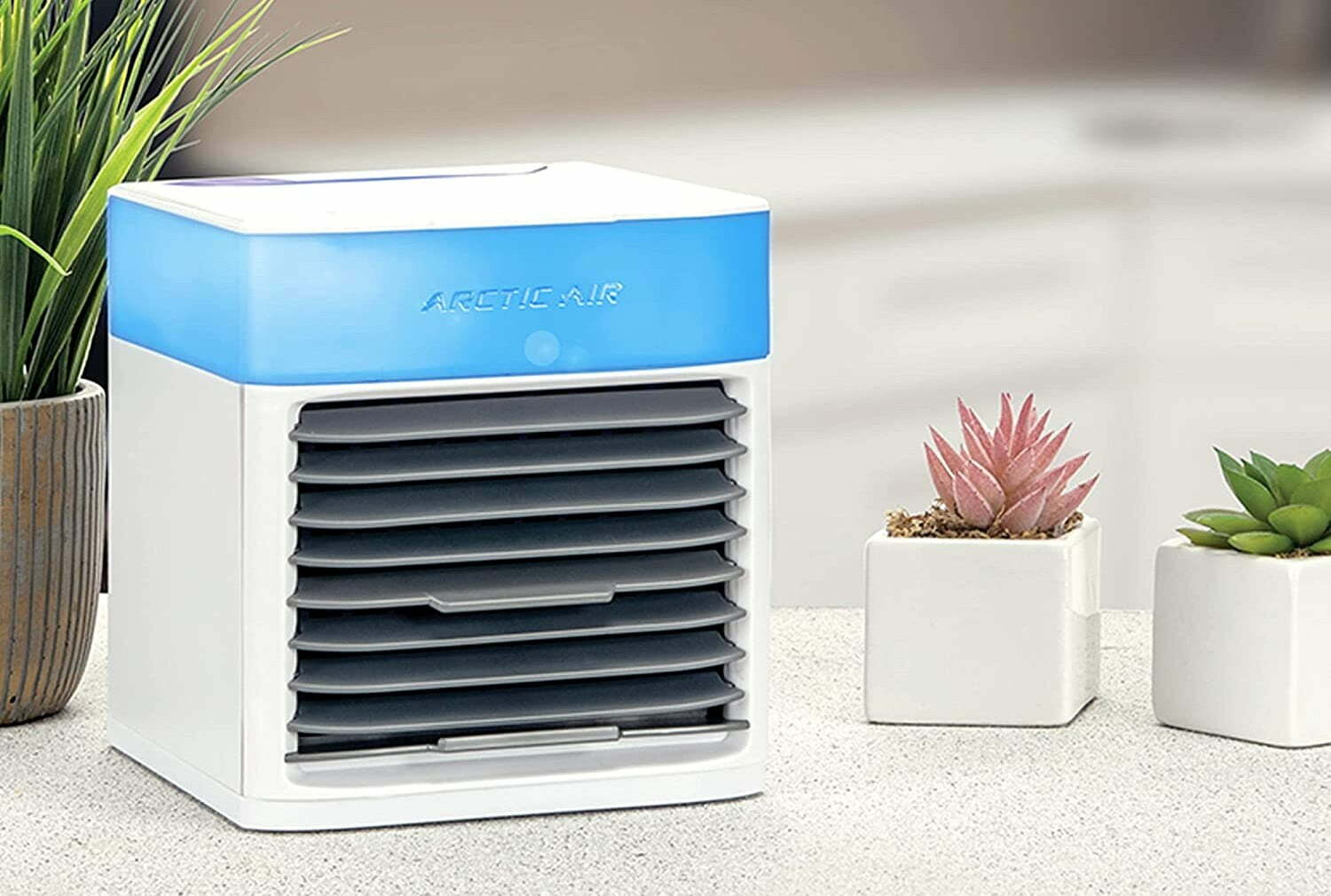
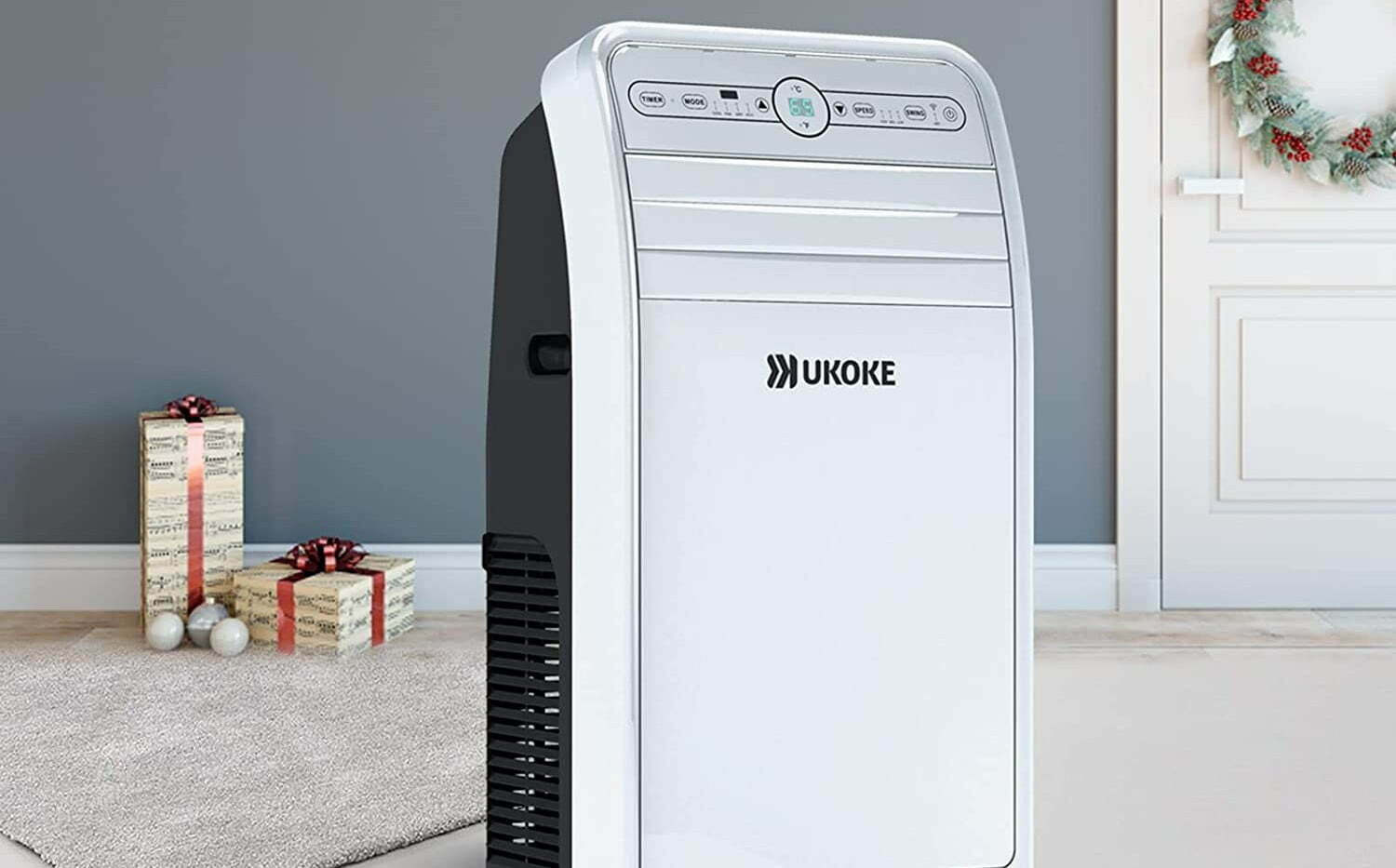
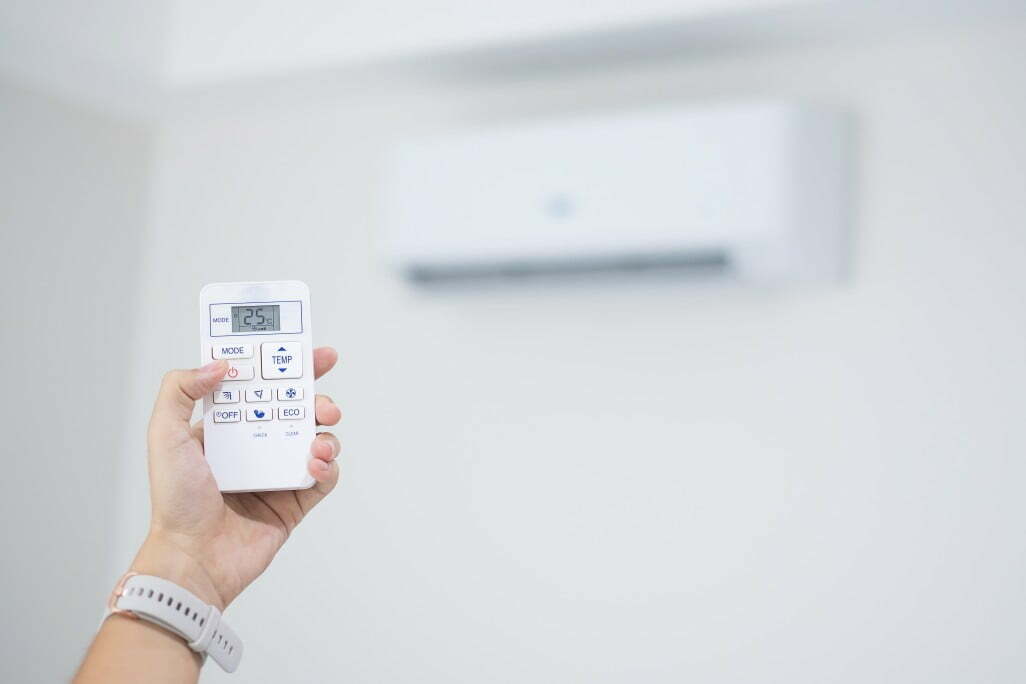
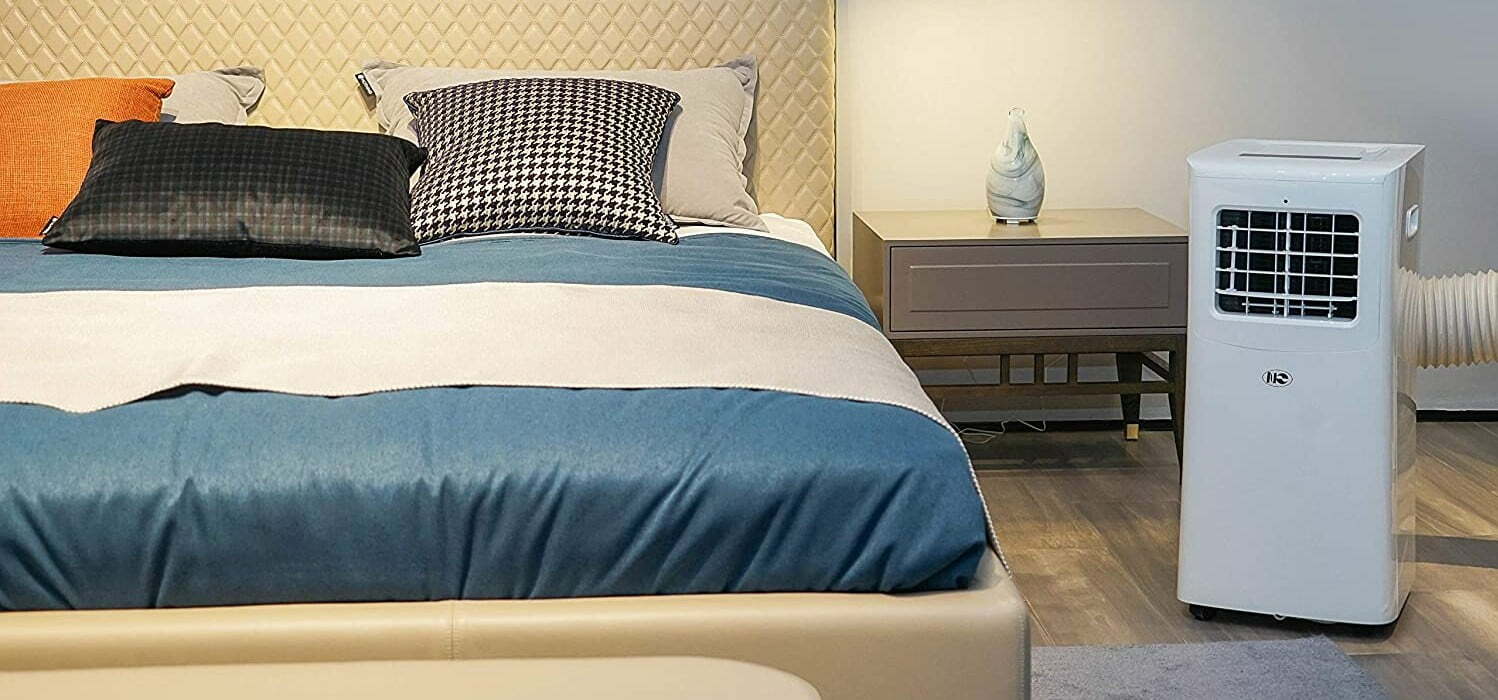
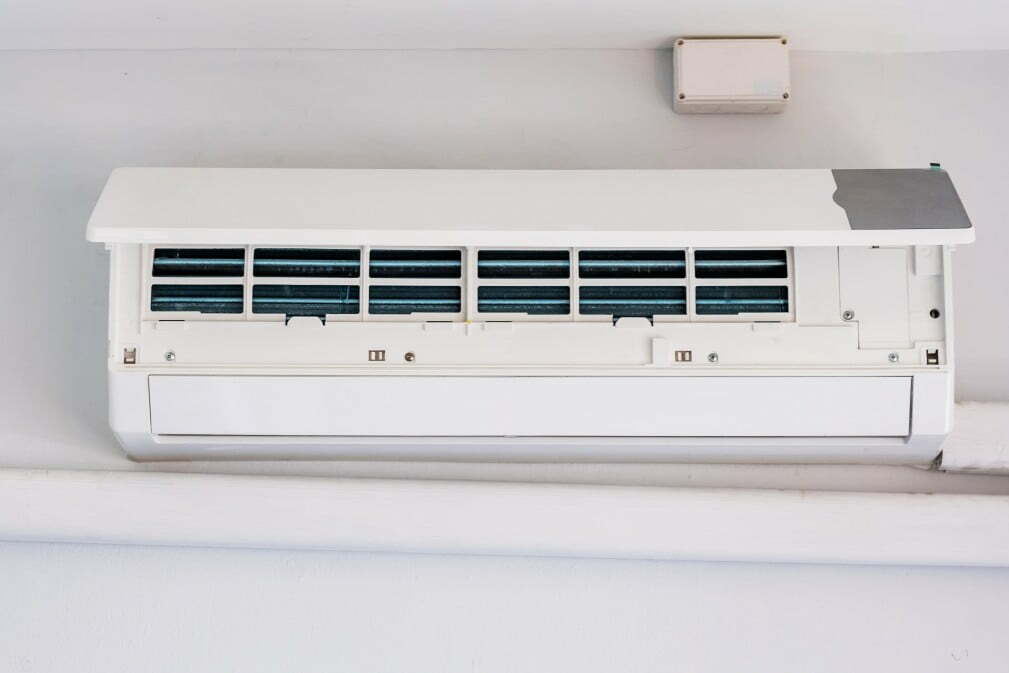
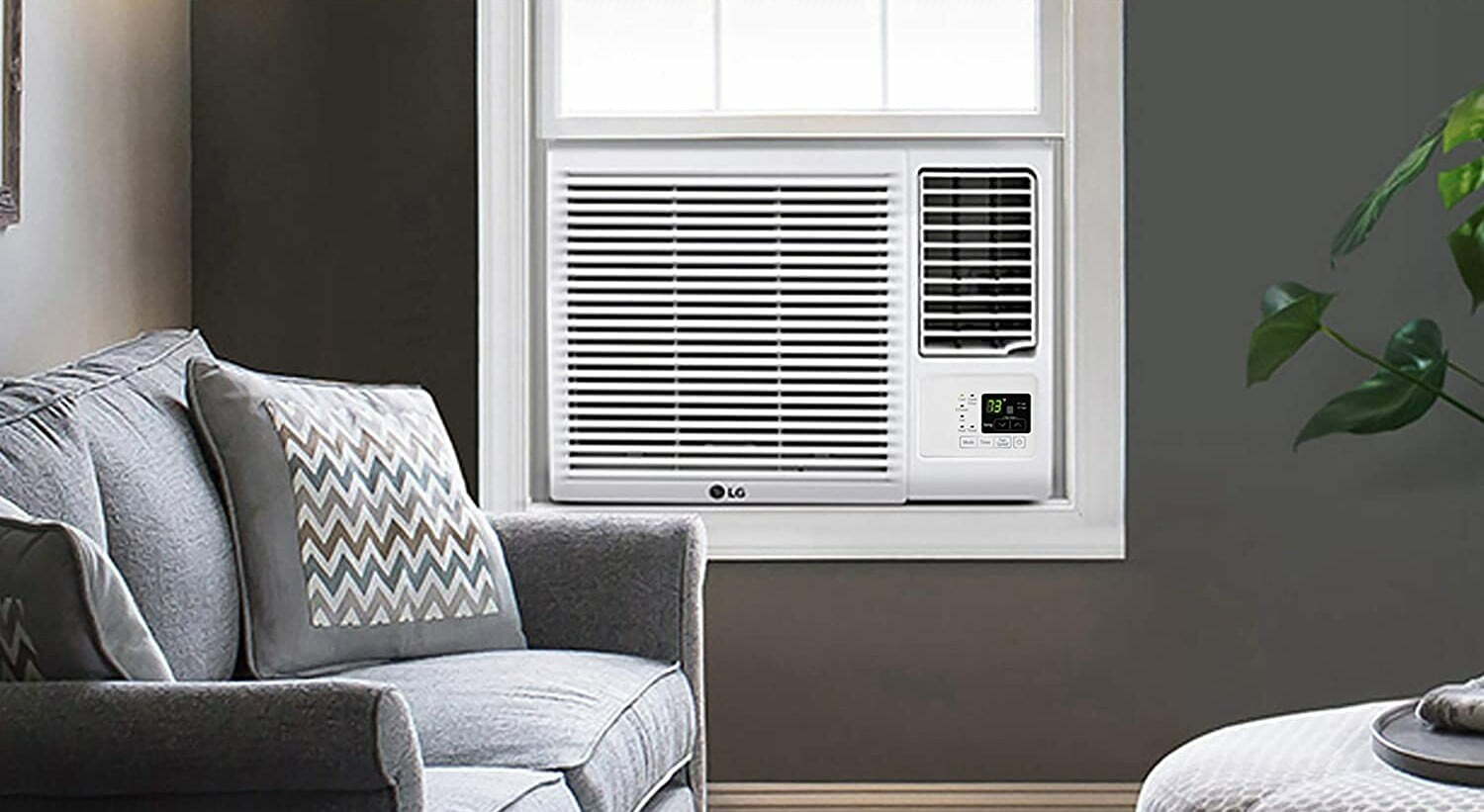
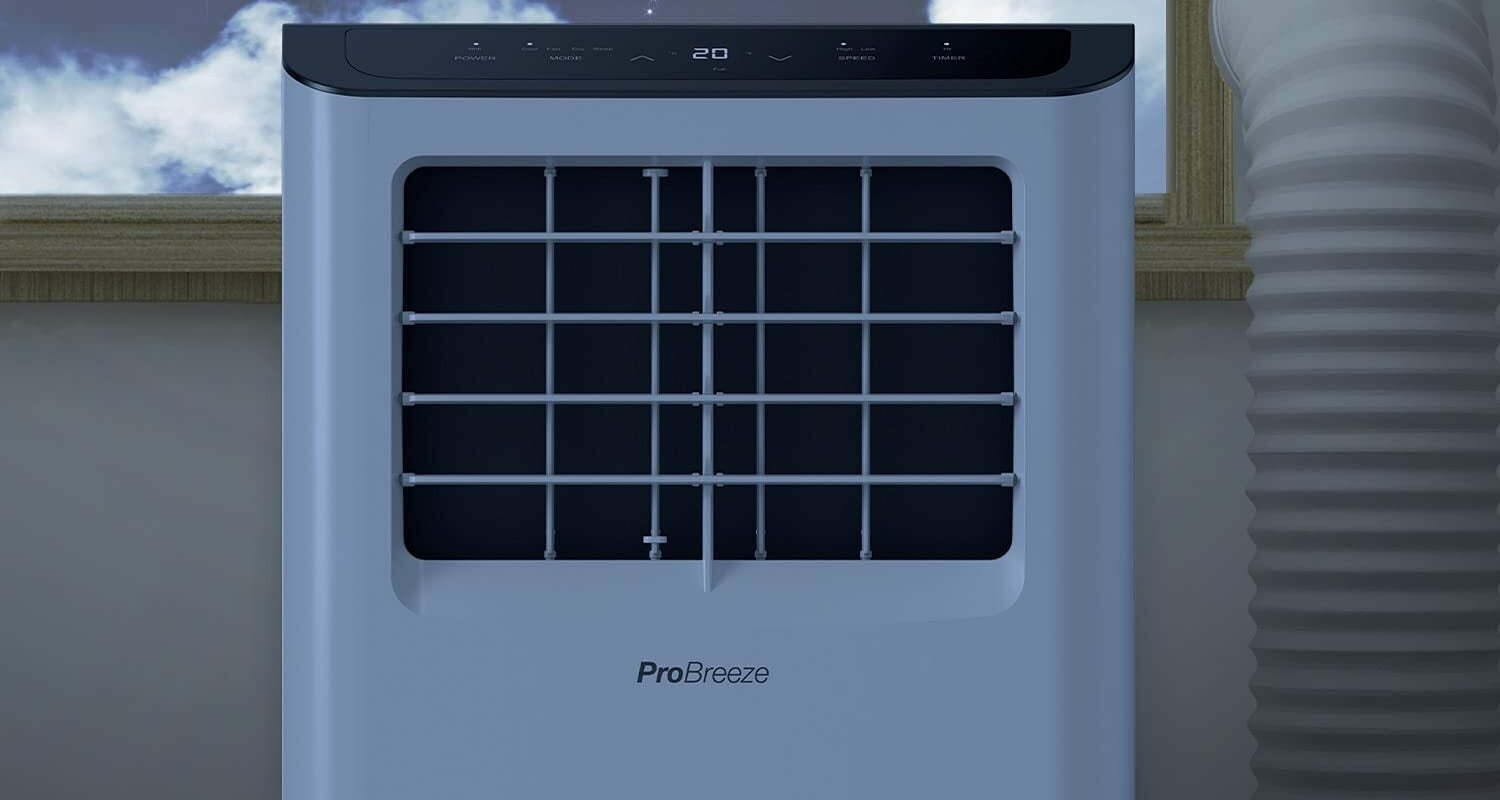
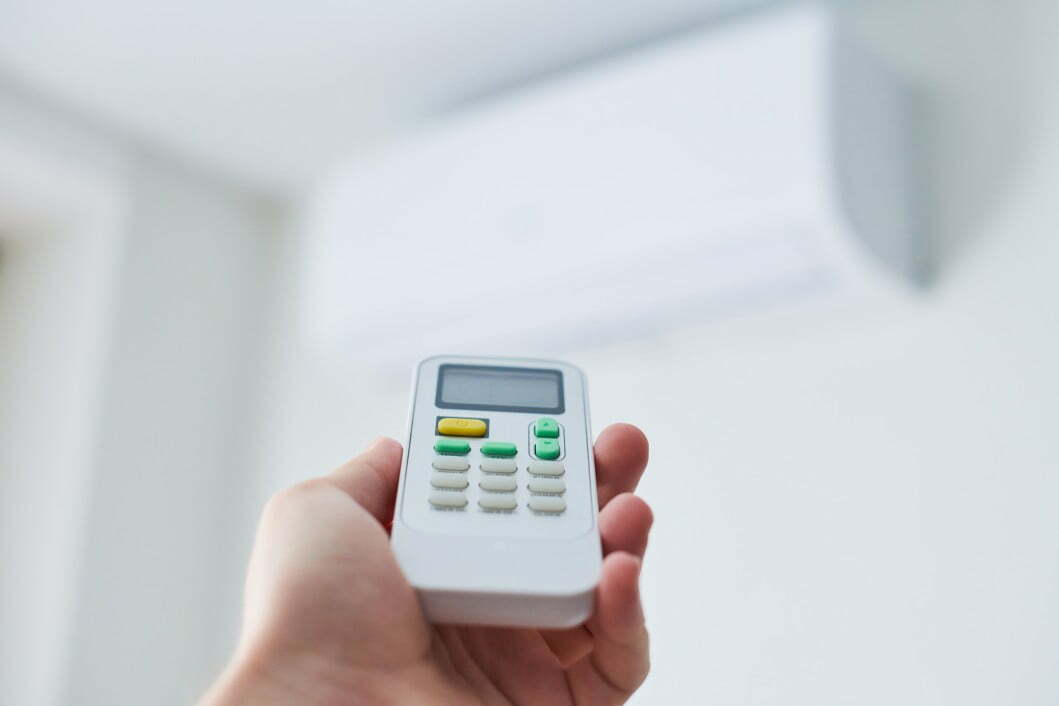
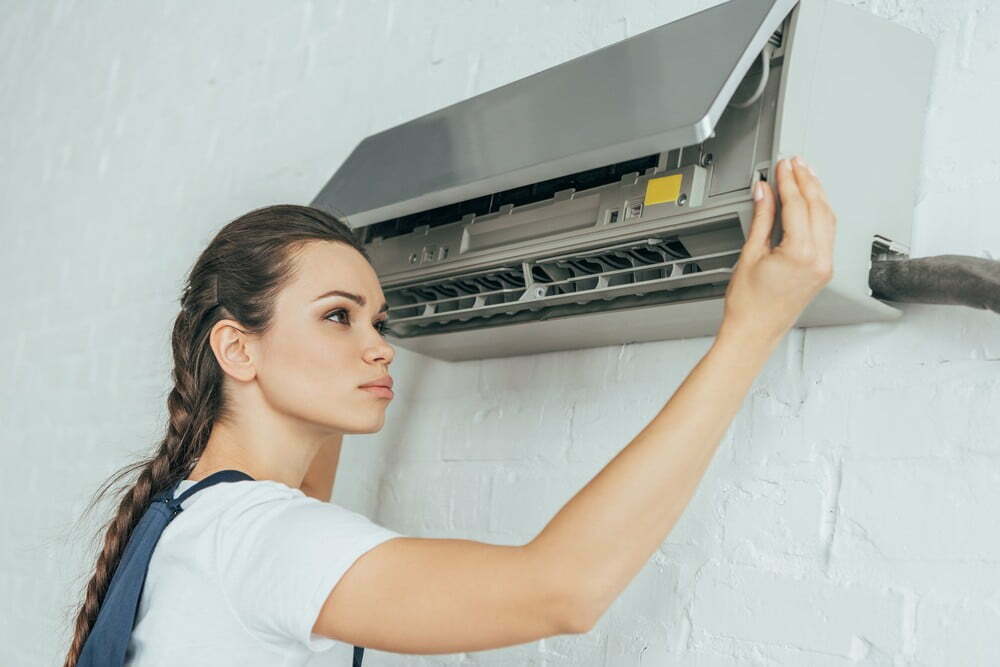
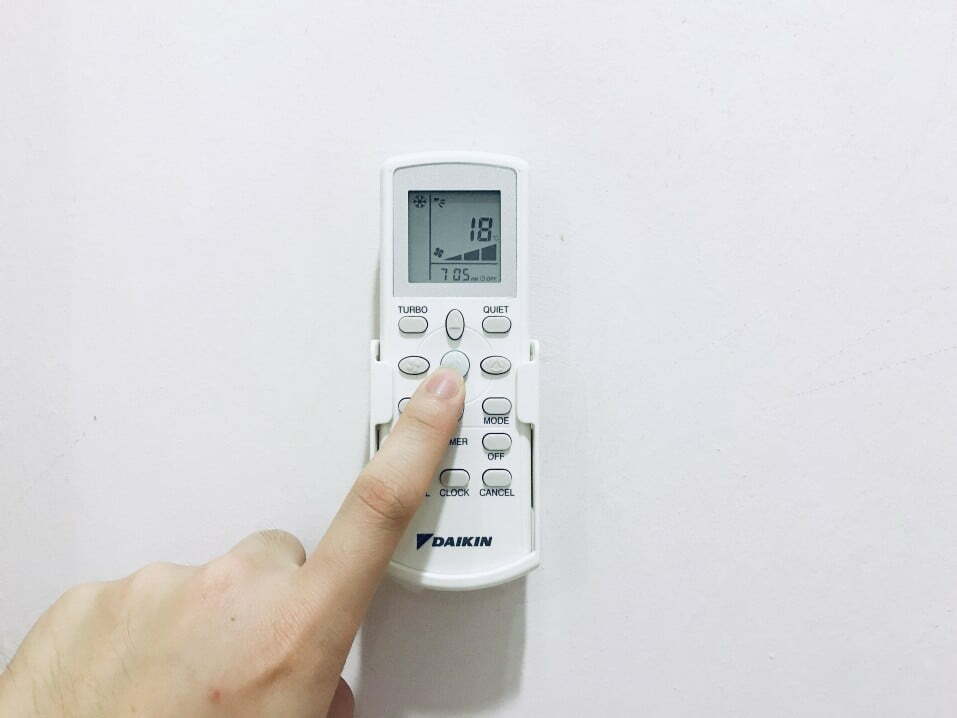
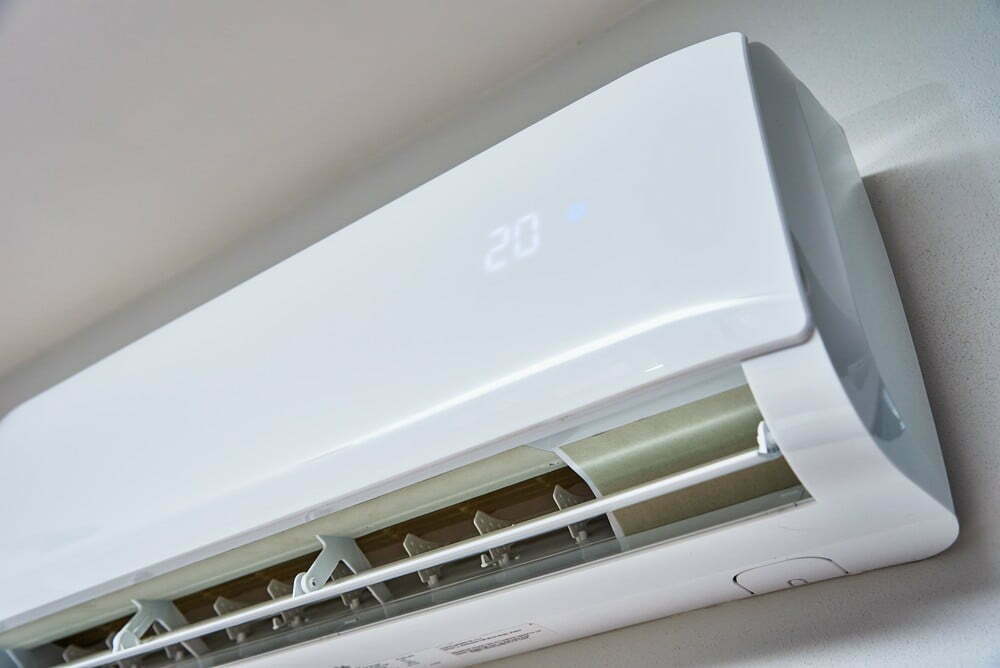
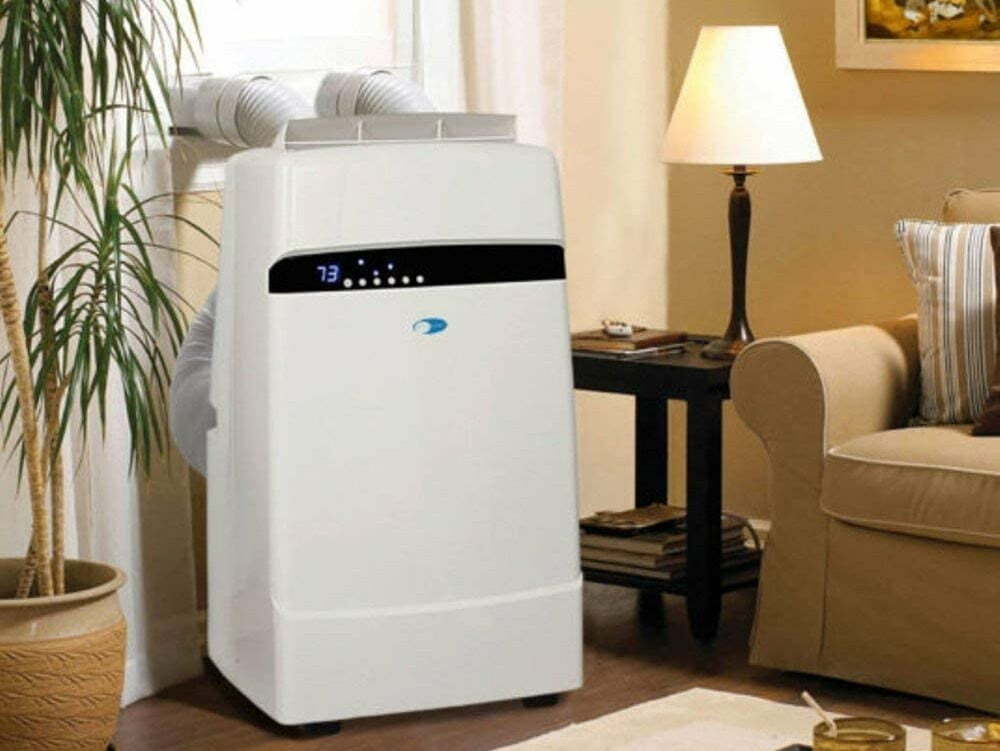
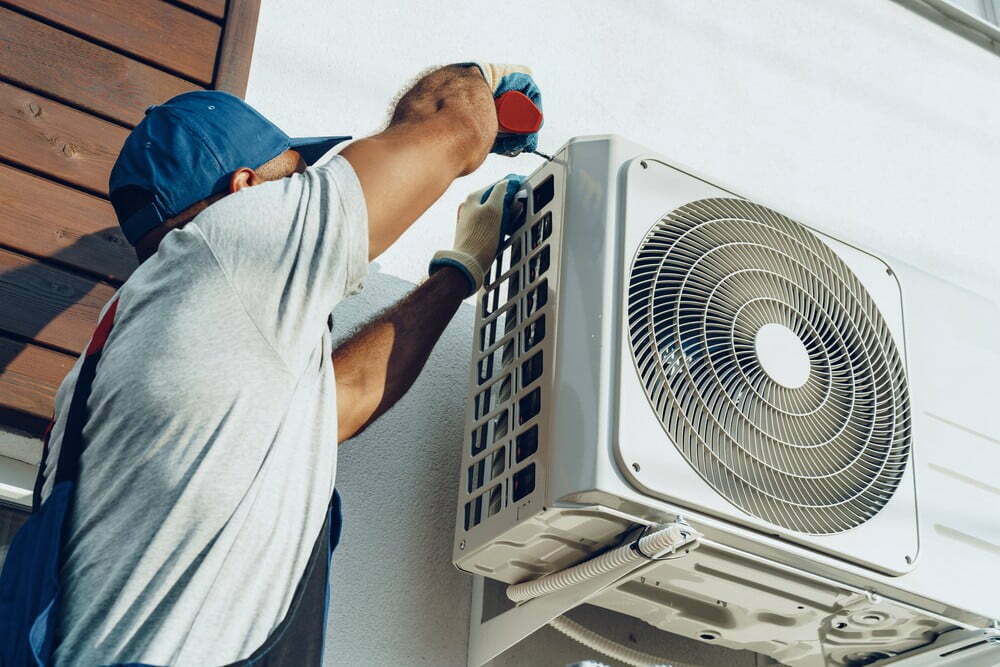
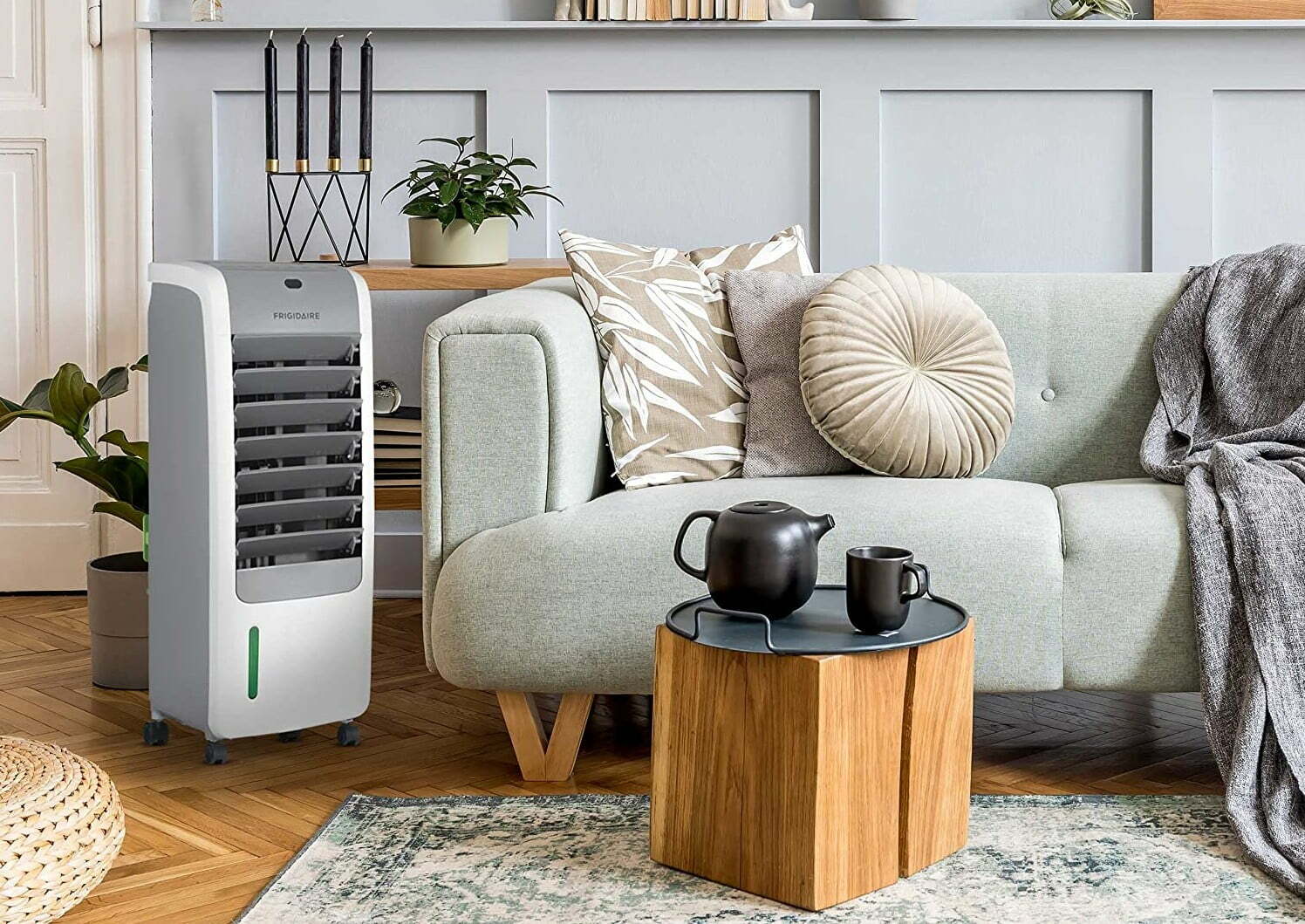
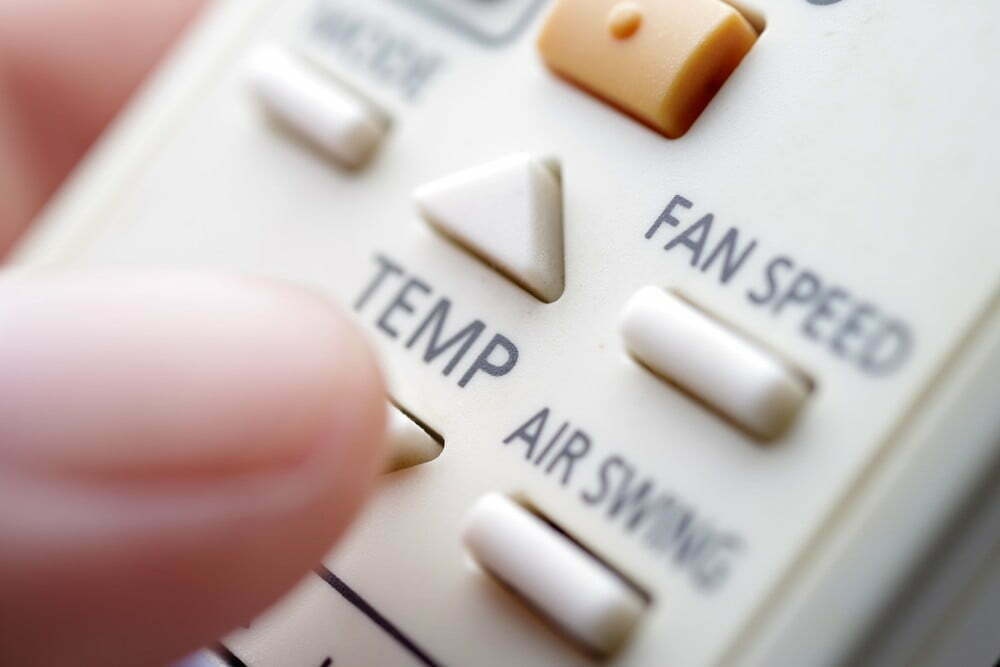
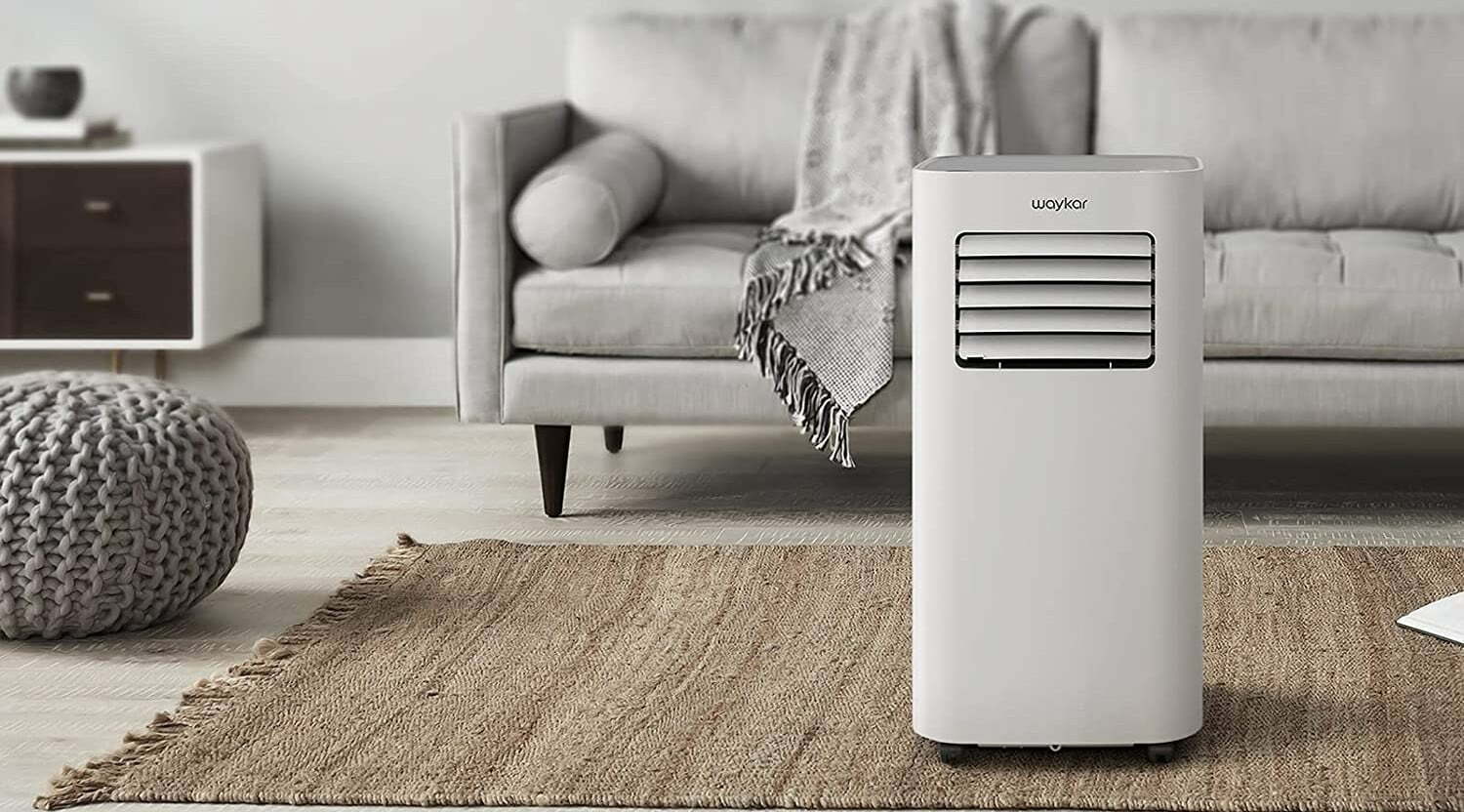
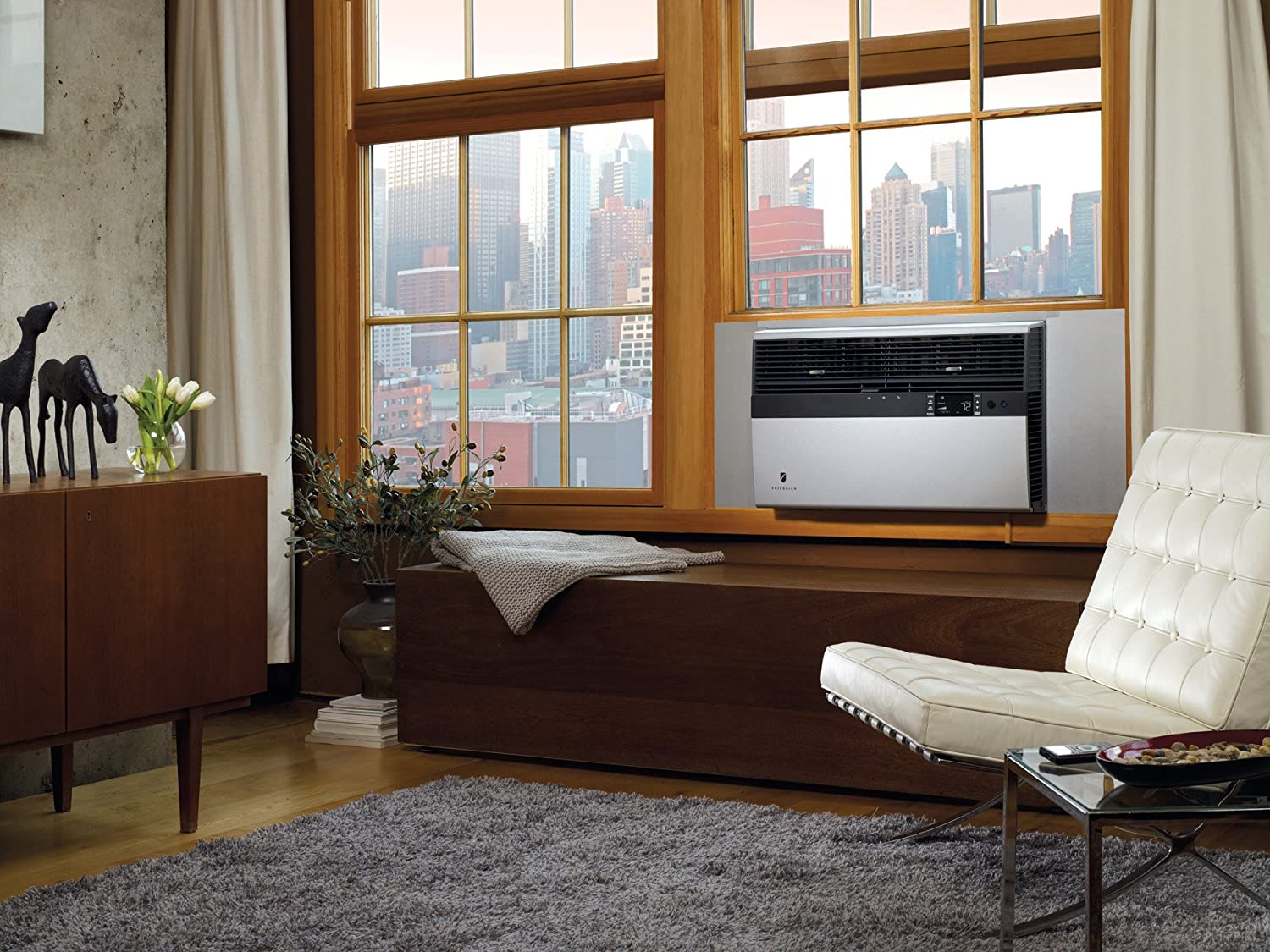
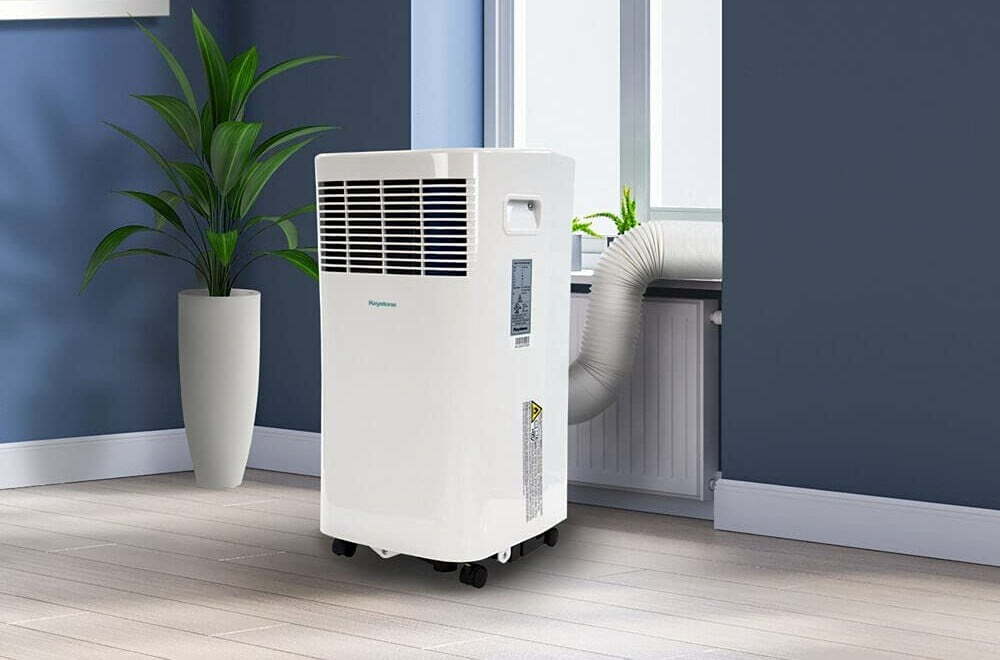
![Best Air Conditioners in [year] ([month] Reviews) 27 Best Air Conditioners in 2026 (January Reviews)](https://www.gadgetreview.dev/wp-content/uploads/best-air-conditioners-image.jpg)
![Quietest Through The Wall Air Conditioners in [year] 28 Quietest Through The Wall Air Conditioners in 2026](https://www.gadgetreview.dev/wp-content/uploads/quietest-through-the-wall-air-conditioner-image.jpg)
![Best 10000 BTU Air Conditioners in [year] 29 Best 10000 BTU Air Conditioners in 2026](https://www.gadgetreview.dev/wp-content/uploads/best-10000-btu-air-conditioner-image.jpg)
![Best 15000 BTU Air Conditioners in [year] 30 Best 15000 BTU Air Conditioners in 2026](https://www.gadgetreview.dev/wp-content/uploads/best-15000-btu-air-conditioner-image.jpg)
![Best 15000 BTU Window Air Conditioners in [year] 31 Best 15000 BTU Window Air Conditioners in 2026](https://www.gadgetreview.dev/wp-content/uploads/best-15000-btu-window-air-conditioner-image.jpg)
![Best 12000 BTU Air Conditioners in [year] 32 Best 12000 BTU Air Conditioners in 2026](https://www.gadgetreview.dev/wp-content/uploads/best-12000-btu-air-conditioner-image.jpg)
![Best Photocatalytic Oxidation Air Purifiers in [year] 33 Best Photocatalytic Oxidation Air Purifiers in 2026](https://www.gadgetreview.dev/wp-content/uploads/best-photocatalytic-oxidation-air-purifier-image.jpg)
![Best Ventless Portable Air Conditioners in [year] 34 Best Ventless Portable Air Conditioners in 2026](https://www.gadgetreview.dev/wp-content/uploads/best-ventless-portable-air-conditioner-image.jpg)
![Best Window Air Conditioners with Heat in [year] 35 Best Window Air Conditioners with Heat in 2026](https://www.gadgetreview.dev/wp-content/uploads/best-window-air-conditioner-with-heat-image.jpg)
![Best Inverter Air Conditioners in [year] 36 Best Inverter Air Conditioners in 2026](https://www.gadgetreview.dev/wp-content/uploads/best-inverter-ac-image.jpg)
![Best HEPA Air Purifiers in [year] 37 Best HEPA Air Purifiers in 2026](https://www.gadgetreview.dev/wp-content/uploads/best-hepa-air-purifier-image.jpg)
![Best Quiet Window Air Conditioners in [year] 38 Best Quiet Window Air Conditioners in 2026](https://www.gadgetreview.dev/wp-content/uploads/quiet-window-air-conditioner-image.jpg)
![Best Energy Efficient Window Air Conditioners in [year] 39 Best Energy Efficient Window Air Conditioners in 2026](https://www.gadgetreview.dev/wp-content/uploads/best-energy-efficient-window-air-conditioner-image.jpg)
![Best Quiet Portable Air Conditioners in [year] 40 Best Quiet Portable Air Conditioners in 2026](https://www.gadgetreview.dev/wp-content/uploads/quiet-portable-air-conditioner-image.jpg)
![Best 6000 BTU Air Conditioners in [year] 41 Best 6000 BTU Air Conditioners in 2026](https://www.gadgetreview.dev/wp-content/uploads/best-6000-btu-air-conditioner-image.jpg)
![Best 8000 BTU Air Conditioners in [year] 42 Best 8000 BTU Air Conditioners in 2026](https://www.gadgetreview.dev/wp-content/uploads/best-8000-btu-air-conditioner-image.jpg)
![Best Small Window Air Conditioner in [year] 43 Best Small Window Air Conditioner in 2026](https://www.gadgetreview.dev/wp-content/uploads/best-small-window-air-conditioner-image.jpg)
![Best 5000 BTU Air Conditioners in [year] 44 Best 5000 BTU Air Conditioners in 2026](https://www.gadgetreview.dev/wp-content/uploads/best-5000-btu-air-conditioner.jpg)
![Best Mini Split in [year] 45 Best Mini Split in 2026](https://www.gadgetreview.dev/wp-content/uploads/best-ductless-mini-split-air-conditioner-image.jpg)
![10 Best Portable Air Conditioners and Heaters in [year] 46 10 Best Portable Air Conditioners and Heaters in 2026](https://www.gadgetreview.dev/wp-content/uploads/best-portable-air-conditioner-and-heater-image.jpg)
